EDITORIAL BOARD
Editors-in-Chief
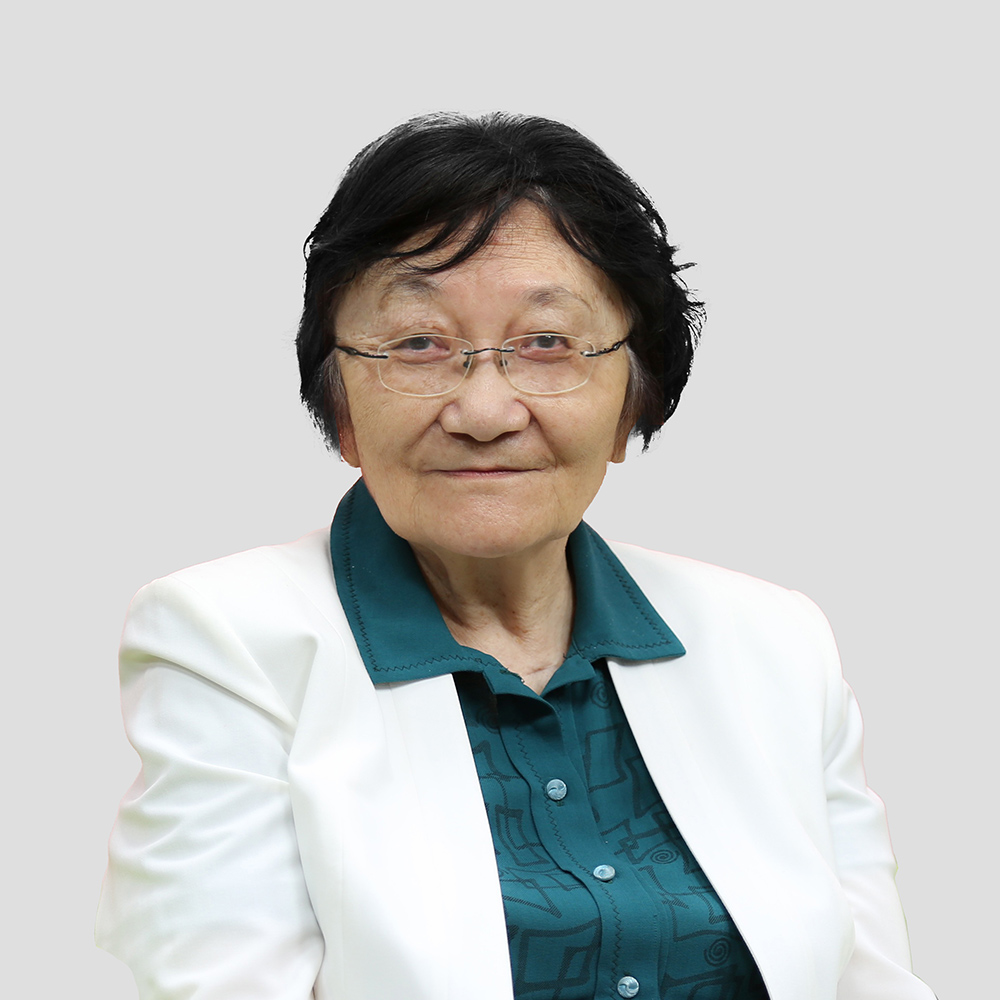
Yu-Mei Wen
Shanghai
Shanghai Medical College, Fudan University
MD, founder and professor of Institute of Medical Microbiology, Fudan University, China and Professor of Key Laboratory of Medical Molecular Virology, Ministry of Education/Ministry of Health. Her research interests are in molecular virology and immunology of hepatitis B virus, and in microbial functional genomic studies. She is one of the pioneers in developing therapeutic vaccine for chronic hepatitis B patients. Prof. Wen graduated from Shanghai Medical University and has been a WHO fellow at London School of Hygiene and Tropical Medicine, and Fogarty visiting scholar at NIAID, National Institutes of Health, USA. She has published 240 articles home and abroad, and has edited and co-edited 8 books, including Viral Hepatitis in China-Problems and Control Strategies (Karger publisher, 1992) and recent works on micorbes and infections in China (World Scientific Publisher, 2010). She was acting editor of Archives of Virology (2008-2011) and has served as reviewer for PloS One, J Med Virology, Vaccine etc.

Shan Lu
Worcester
University of Massachusetts Medical School
Shan Lu, MD, PhD, MHA, is a physician scientist and a leader in novel vaccine research including vaccines against emerging infectious diseases. Currently he is professor of Medicine, Biochemistry and Molecular Pharmacology at the University of Massachusetts Medical School (UMMS), USA. He received his MD from the Nanjing Medical University and PhD from the University of Massachusetts Medical School. He was a Howard Hughes Physician Research Fellow. He holds an adjunct faculty appointment at Fudan University, China. He has been an Executive Board member for the International Society for Vaccines (ISV) and was ISV president during 2011-2013. Dr. Lu’s research focuses on the induction of high quality and long lasting protective antibodies by novel vaccination strategies. He has published extensively on the candidate vaccines against a wide range of emerging infectious disease targets. His team developed the world’s first polyvalent DNA prime-protein boost HIV-1 vaccine formulation which elicited broad and balanced immune responses in humans including cross-reactive neutralizing antibodies – a major progress in AIDS vaccine development. He has served as a member of various expert advisory boards for the US government, international organizations and private foundations.
Associate Editors
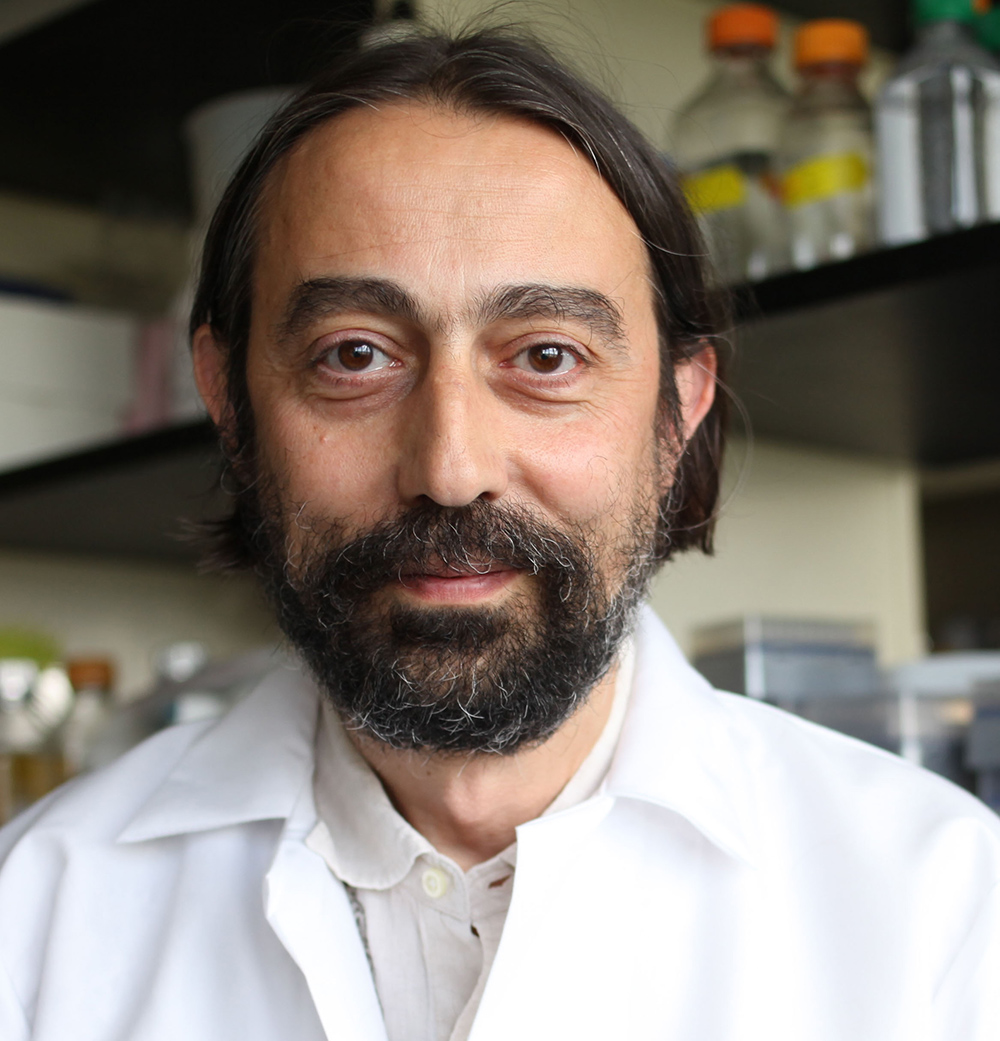
Adolfo García-Sastre
New York
Icahn School of Medicine at Mount Sinai
Dr. García-Sastre is Professor in the Departments of Microbiology and Medicine and in the Tisch Cancer Center at Icahn School of Medicine Mount Sinai (ISMMS) in New York. He is also Director of the Global Health and Emerging Pathogens Institute at ISMMS. For the past 30 years, his research interest has been focused on the molecular biology, virus-host interactions, innate immunity and pathogenesis of influenza viruses and several other RNA viruses, as well as on the development of new vaccines and antivirals. He has more than 600 peer-reviewed publications in these areas of research. He has been President of the International Society for Vaccines in 2014-2015. In 2017, he has been elected a fellow of the Royal Academy of Pharmacy in Spain. In 2019, he was recognized with a Honorary Doctor Degree from the University of Burgos, Spain. Also in 2019, he was elected a member of the National Academy of Sciences and of the National Academy of Inventors.
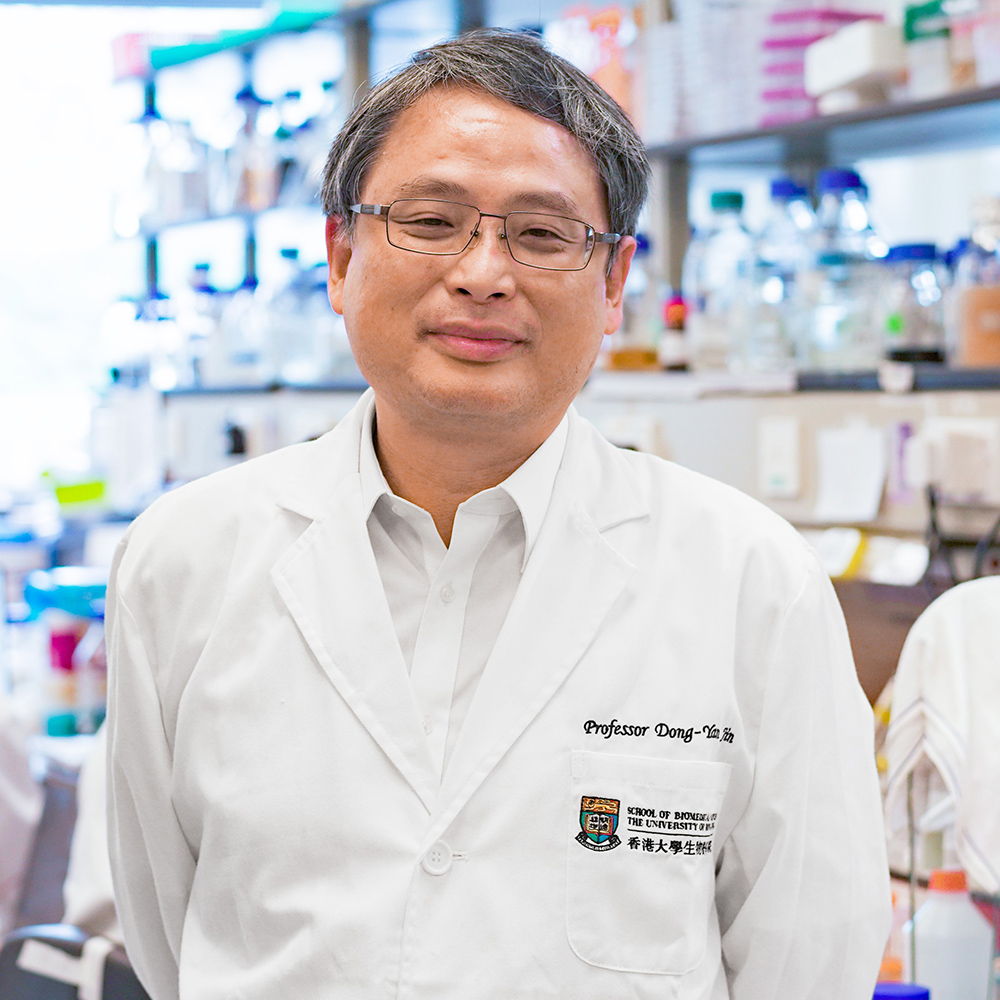
Dong-yan Jin
Dong-Yan Jin did his PhD study with Prof. Yun-De Hou at the State Key Laboratory for Molecular Virology in Beijing in 1986-1991. He received postdoctoral training with Dr. Kuan-Teh Jeang at the Laboratory of Molecular Microbiology at the National Institute of Allergy and Infectious Diseases of NIH in 1994-1999. He joined the University of Hong Kong in 1999 and is now Clare and Lawrence Fok Professor working in the School of Biomedical Sciences. Two key issues that Prof. Jin’s team is addressing concern viral oncogenesis and innate antiviral immune response. They use a combination of biochemical and genetic approaches to conduct basic research with the aim of applying the knowledge gained to prevention and control of human diseases. Their previous work has broken new grounds to understand how viruses cause abnormal division of cells, promote cell survival and evade host innate immunity. In his study of a viral oncogenic protein named Tax produced by human T-cell leukemia virus type 1, which causes a highly lethal blood cancer known as adult T-cell leukemia, he identified in 1998 a cellular protein named MAD1, a key component of the mitotic checkpoint. In 2011, his group found that the virus sensor RIG-I needs an RNA-binding protein partner called PACT to initiate and sustain innate antiviral immune response. In 2008-2020, they also identified and characterized novel viral interferon antagonists and inflammasome activators in SARS-CoV and MERS-CoV. Their findings have unraveled novel disease mechanisms, revealing new targets and strategies for precision treatment. Therefore, they might impact future practice of medicine. He is the recipient of numerous awards including a National Natural Science Award of China (2001), a Scholar Award from the Leukemia and Lymphoma Society (2001-2006), a New Foreign Investigator Award from GRIP program of NIH (2002-2007) and a Croucher Senior Research Fellowship (2014). He was elected to American Academy of Microbiology in 2020. He is on the Editorial Board of Journal of Virology, Retrovirology, Journal of Leukocyte Biology and Nucleic Acid Therapeutics. He is a Reviewing editor of Emerging Microbes and Infections, Deputy Editor-in-Chief of Cell and Bioscience, official journal of the Society for Chinese Bioscientists in America, and Editor of Virus Research.
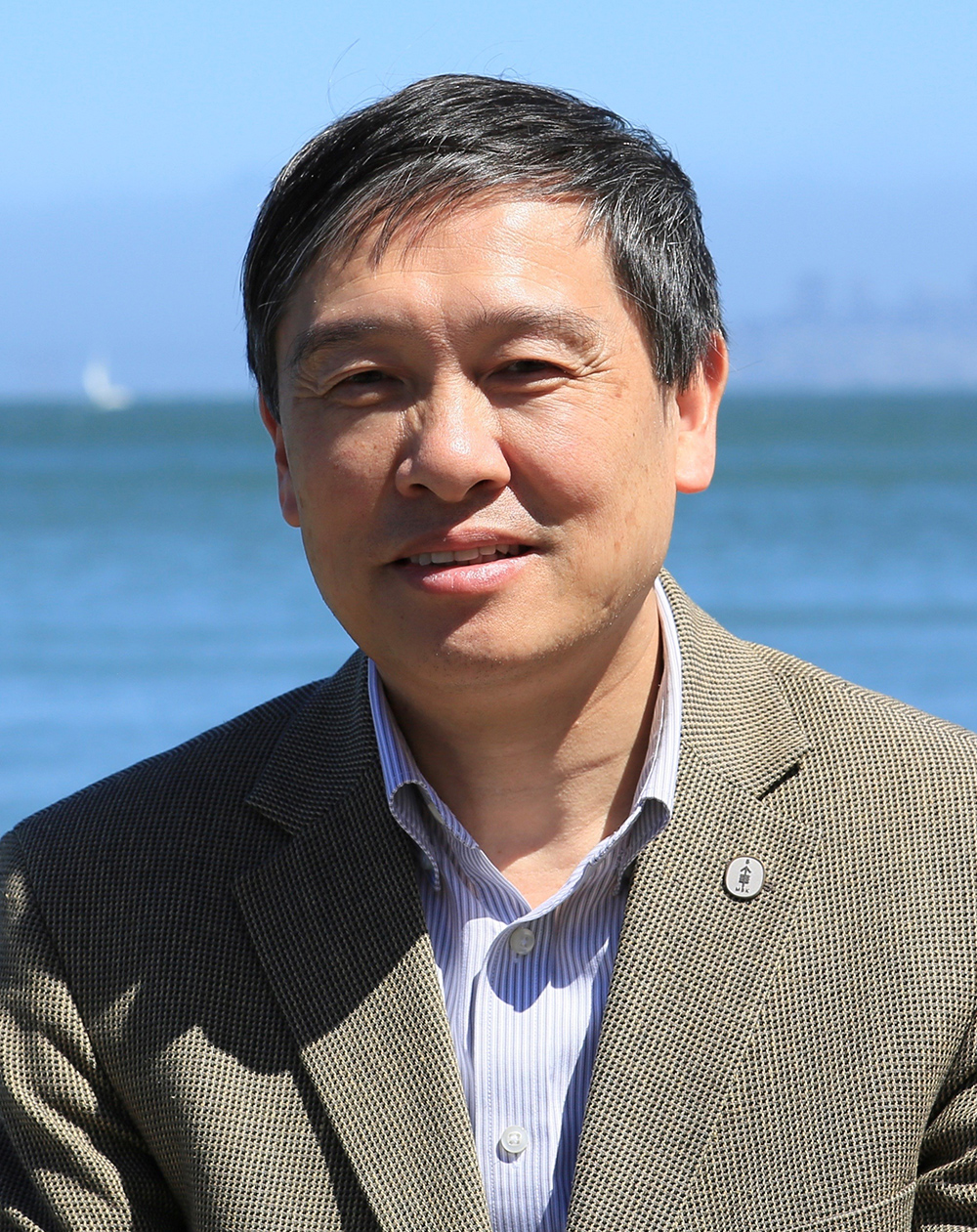
Yi-Wei Tang
New York
Danaher Diagnostic Platform/Cepheid (China)
He obtained his medical training from Fudan University Shanghai School of Medicine and Ph.D. in microbiology and immunology from Vanderbilt University. He was a Lecturer and Clinical Fellow at the Mayo Clinic, a Professor at the Vanderbilt University School of Medicine, Chief of the Clinical Microbiology Service at the Memorial Sloan-Kettering Cancer Center, a Professor of Pathology and Laboratory Medicine at the Weill Medical College of Cornell University, and a member of the Medical Devices Advisory Committee of the US Food and Drug Administration. Dr. Yi-Wei Tang is currently the China Chief Medical Officer of Danaher Diagnostic Platform/Cepheid (China) in Shanghai. Dr. Tang ranks among the top of the scientific field in clinical and molecular microbiology, as evidenced by his election as an Editor for the Journal of Clinical Microbiology, an Associate Editor for the Journal of Molecular Diagnostics, an Associate Editor for the Emerging Microbes and Infection, a Fellow of the American Academy for Microbiology and of the Infectious Disease Society of America, and a Curator of the American Society for Microbiology Registry on COVID-19. Dr. Tang has been recognized for his extraordinary expertise in the molecular microbiology diagnosis and monitoring with over 200 peer-reviewed articles and over 100 book chapters in this field during the past 20 years.
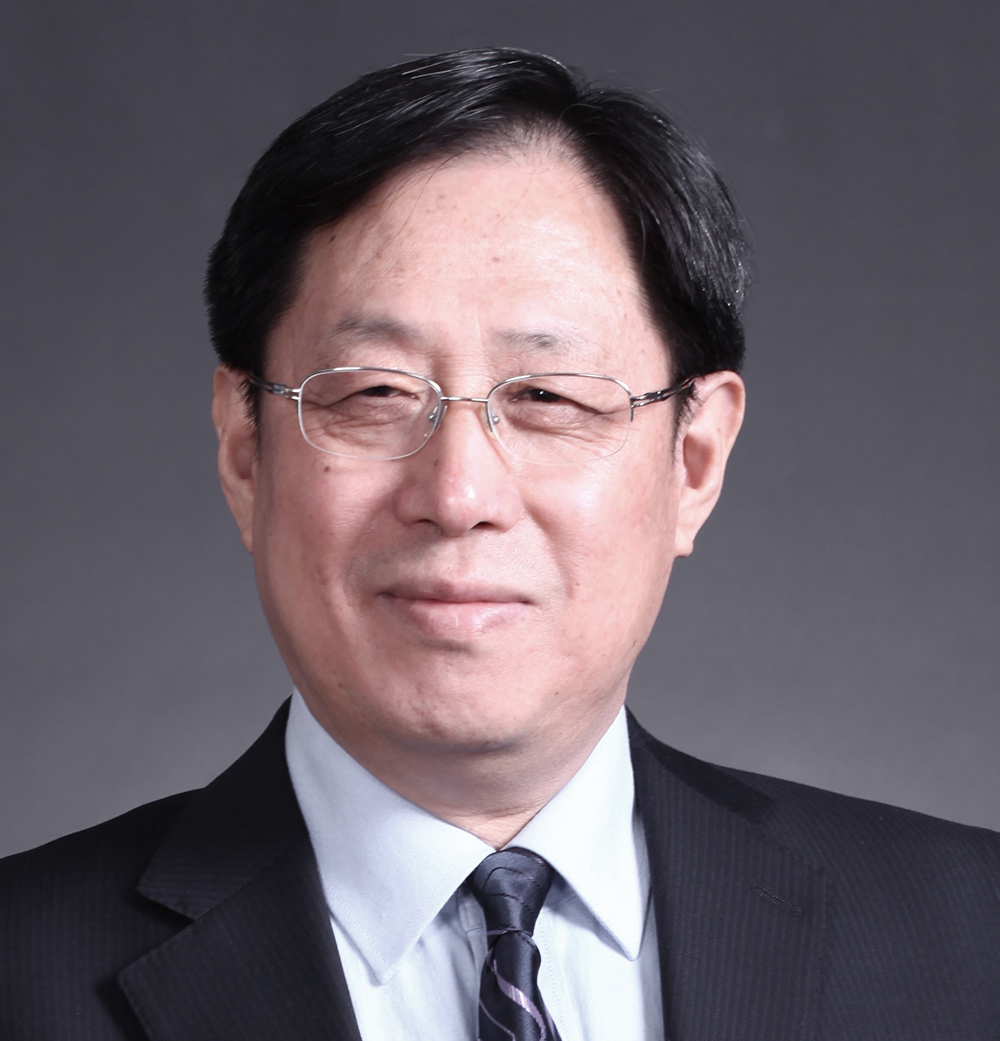
Jianguo Xu
Beijing
Chinese Center for Disease Control and Prevention
Professor Jianguo Xu is the director of State Key Laboratory for Infectious Diseases Prevention and Control (China CDC); Director of Research Institute for Public Health of Nankai University, Vice Chairman, Chinese Society of Microbiology. DR. Xu’s team have conducted etiological investigations of outbreaks in China caused by Escherichia coli O157:H7 in 1999, by Streptococcus suis sequence type 7 2005, by Anaplasma phagocytophilum in 2006, by Neisseria meningitides sequence type 4821 complex in 2005. In last ten years, he initiated study for microbiota carried by wild life in Qinghai-Tibet region of China. His term isolated and identified over 50 new bacterial species and some new virus, some of which are potential to cause human diseases. Therefore, proposed reverse microbial etiology, to help us to “get ahead of the curve” of the emerging infectious disease. He was honored as “The Best Doctor in 2020” by National Health Commission of People’s Republic of China.
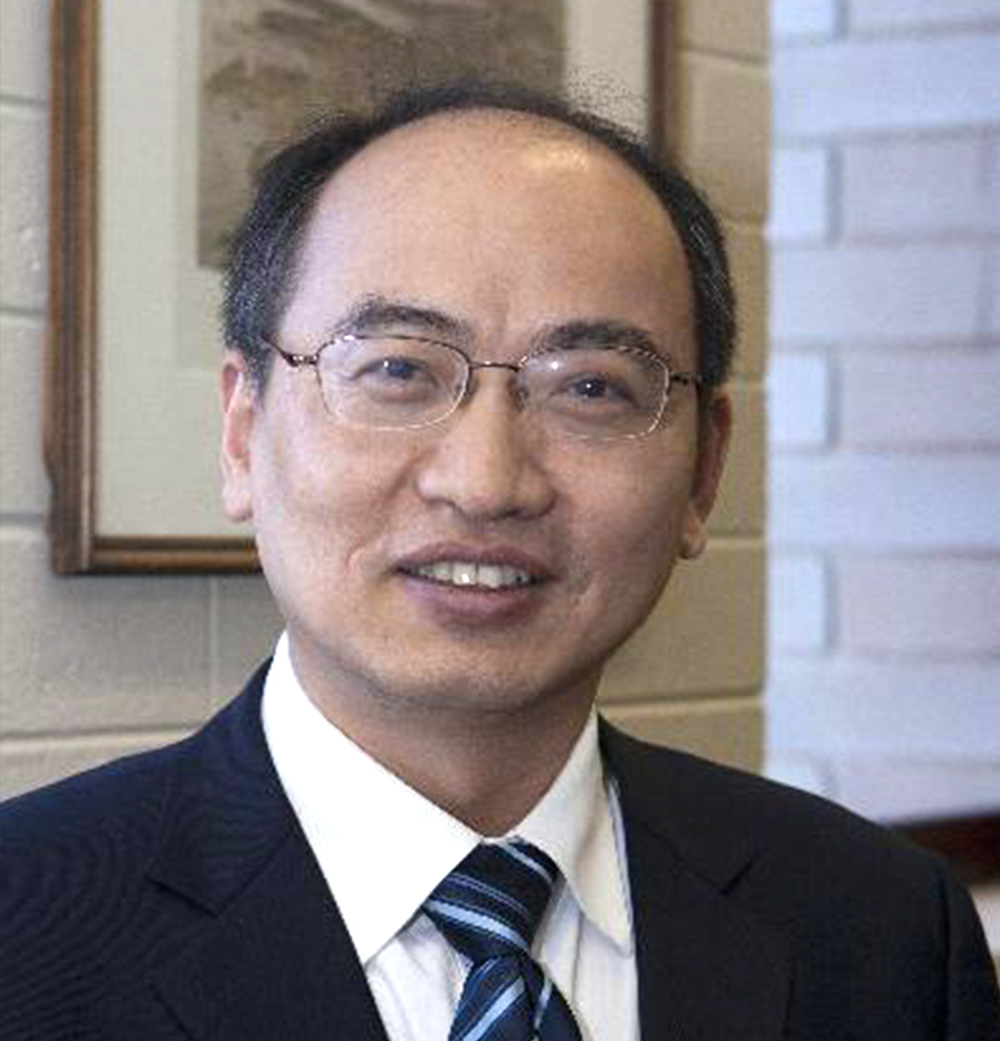
Zhenghong Yuan
Shanghai
Shanghai Medical College, Fudan University
After graduating from Shanghai Medical University in 1993 with Ph.D. in Medical Microbiology and Immunology, Dr Zhenghong Yuan received postdoctoral training at the St Mary’s Medical School of Imperial College in UK. His research area is focusing on the mechanism of HCV viral replication and antiviral innate immunity related to HBV infection.
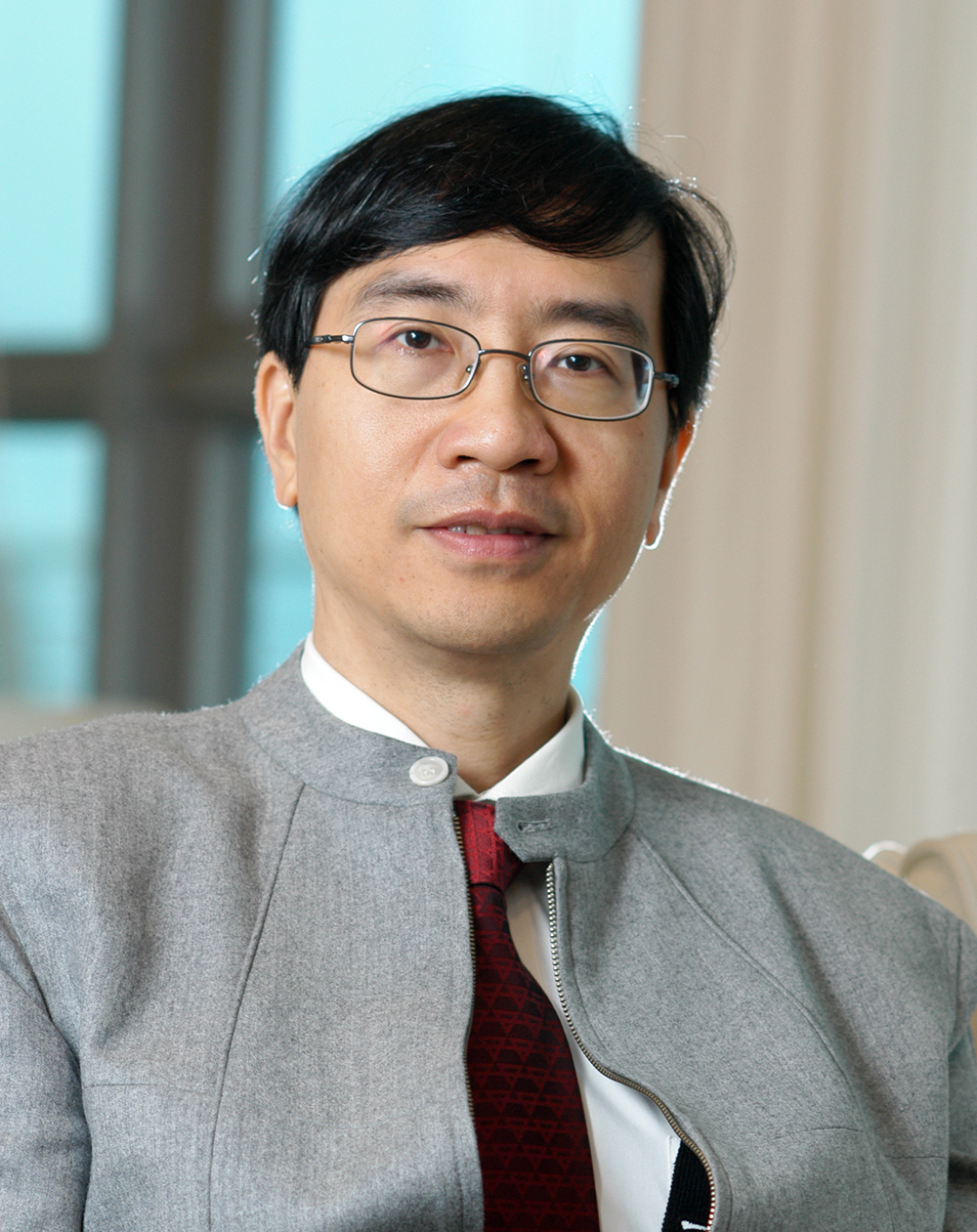
Kwok-yung Yuen
Hong Kong
The University of Hong Kong
MBBS, MD, FHKAM, HKCP, FRCS(Glas), FRCPath(UK), FRCP(Edin& Lond), Prof Yuen Kwok-yung graduated from the Medical School at the University of Hong Kong and was awarded State Scientific and Technological Progress Award (Special class), the Justice of Peace by the Hong Kong Special Administrative Region of China, and Gold & Silver Bauhinia Star Awardee of the HKSAR. He is also Fellow of the Royal College of Physicians (Lond, Edin), Surgeons(Glas) and Pathologists(UK). In the outbreak of avian influenza virus H5N1 in 1997 in Hong Kong, Professor KY Yuen was the first to report in Lancet about the unusual clinical severity and high mortality of infected patients which could be identified by the in-house designed molecular test at his laboratory. During the outbreak of SARS in 2003, he led his team in the discovery of the SARS coronavirus successfully and was honoured as Asian heroes of the year in April by Time Asia Magazine. He has also led his team in the discovery of over 60 novel disease agents, 10 bacteria, 4 fungi and 2 parasites. His 982 publications with over 42,000 citations are mainly related to the research of novel microbes or emerging infectious disease agents.
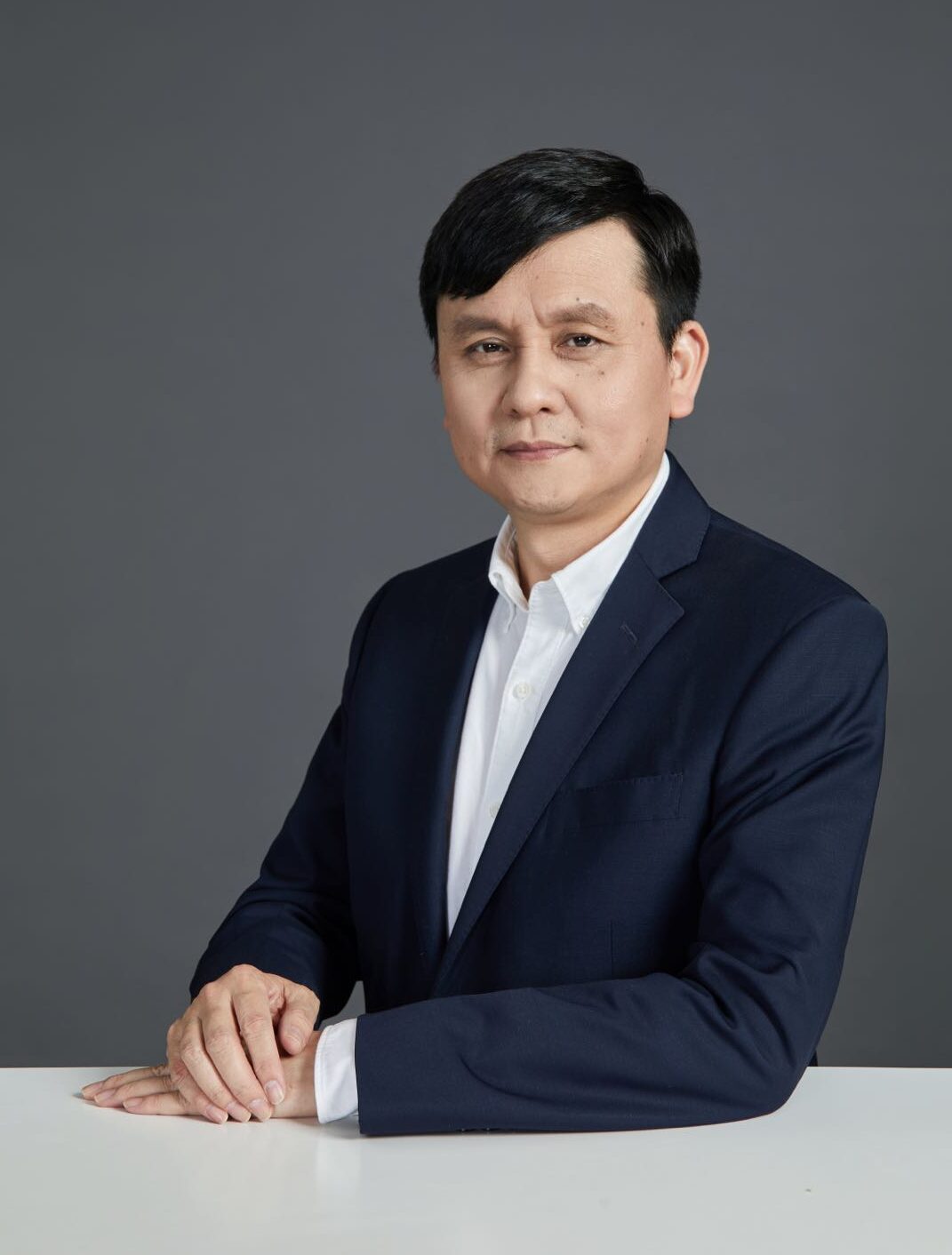
Wenhong Zhang
Shanghai
Huashan Hospital, Fudan University
Dr. Zhang is the professor and Head of the Center for Infectious Disease, Huashan Hospital and the Chair of the Department of Internal Medicine of Fudan University in Shanghai. In 2020, Dr. Zhang was appointed as the leader of Shanghai’s Anti-COVID-19 clinical expert team. He has extensive experience with the diagnosis and treatment of various emerging infectious diseases. Dr. Zhang is a graduate of Shanghai Medical University and has held visiting scholar and postdoctoral fellow positions at the Department of Microbiology at the University of Hong Kong, Harvard Medical School and Illinois State University at Chicago. He has led a number of multi-center registered clinical trial involved in the area of flu, tuberculosis, viral hepatitis, sepsis and drug resistant bacterial infections. Up to now, he has published over 150 international papers as first author and correspondence author. Currently, Pro. Zhang is the head of the center of infectious diseases, Huashan Hospital of Fudan Univerisity, China. He also is the associate chair of Chinese association of Infectious Diseases, associate chair of Chinese Doctor Society of internal Medicine, Chief editor of Chinese Journal of Infectious Diseases and Associate editor of Emerging Microbes and Infections.
Editorial Board Members
Qiliang Cai
Shanghai | Shanghai Medical College, Fudan University
Wuchun Cao
Beijing | Beijing Institute of Microbiology and Epidemiology
Hongling Chen
Hong Kong | The University of Hong Kong
Pei-Jer Chen
Taibei | National Taiwan University
Yuxin Chen
Nanjing | Nanjing Drum Tower Hospital, Nanjing University Medical School
Ulf Dittmer
Essen | Institut für Virologie
Christian Drosten
Berlin | Institute of Virology, Charite and Berlin Institute of Health
Guelsah Gabriel
Hannover | University of Veterinary Medicine
Baoxue Ge
Shanghai | Tongji University
Thomas Hoenen
Insel Riems | Institute for Molecular Virology and Cell Biology, Friedrich-Loeffler-Institut, Greifswald
Shibo Jiang
Shanghai | Shanghai Medical College, Fudan University
Biao Kan
Beijing | Chinese Center for Disease Control and Prevention
Gary Kobinger
Galveston | Galveston National Laboratory, University of Texas Medical Branch
Sharon R Lewin
Melbourne | Doherty Institute
Sue Li
Seattle | Fred Hutchinson Cancer Center
Wenjun Li
Worcester | University of Massachusetts Medical School
Xin Li
Hong Kong | Department of Microbiology, Queen Mary Hospital
Wei Liu
Beijing | Beijing Institute of Microbiology and Epidemiology
Hongzhou Lu
Shanghai | Shanghai Public Health Clinical Center, Fudan University
Mengji Lu
Essen | Unicweairy Suiavuef-Essen
Xiang-Jin Meng
Blacksburg | Virginia Polytechnic Institute and State University
Yuping Ran
Chengdu | Department of Dermatovenereology, West China Hospital, Sichuan University
Jürgen A. Richt
Manhattan | Kansas State University
Thomas Riley
Perth | Murdoch University;Edith Cowan University
Yuelong Shu
Guangzhou | Sun Yat-sen University
Bin Wang
Beijing | Shanghai Medical College, Fudan University
Hui Wang
Beijing | Peking University People’s Hospital
Jianwei Wang
Beijing | Chinese Academy of Medical Sciences
Linfa Wang
Singapore | Duke-NUS Medical School
Xuan-Yi Wang
Shanghai | Shanghai Medical College, Fudan University
Richard J Weebly
Memphis | St Jude’s Research Hospital
Susan R Weiss
Philadelphia | Perelman School of Medicine, University of Pennsylvania
Yonghong Xiao
Hangzhou| The First Affiliated Hospital, School of Medicine, Zhejiang University
X. Frank Yang
Indianapolis | Indiana University School of Medicine
Hongjie Yu
Shanghai | School of Public Health, Fudan University
Jingren Zhang
Beijing | Tsinghua University
Linqi Zhang
Beijing | Tsinghua University
Qijing Zhang
Ames | Iowa State University
Zhi-Ming Zheng
Bethesda | National Institutes of Health
Daoguo Zhou
West Lafayette | Purdue University
